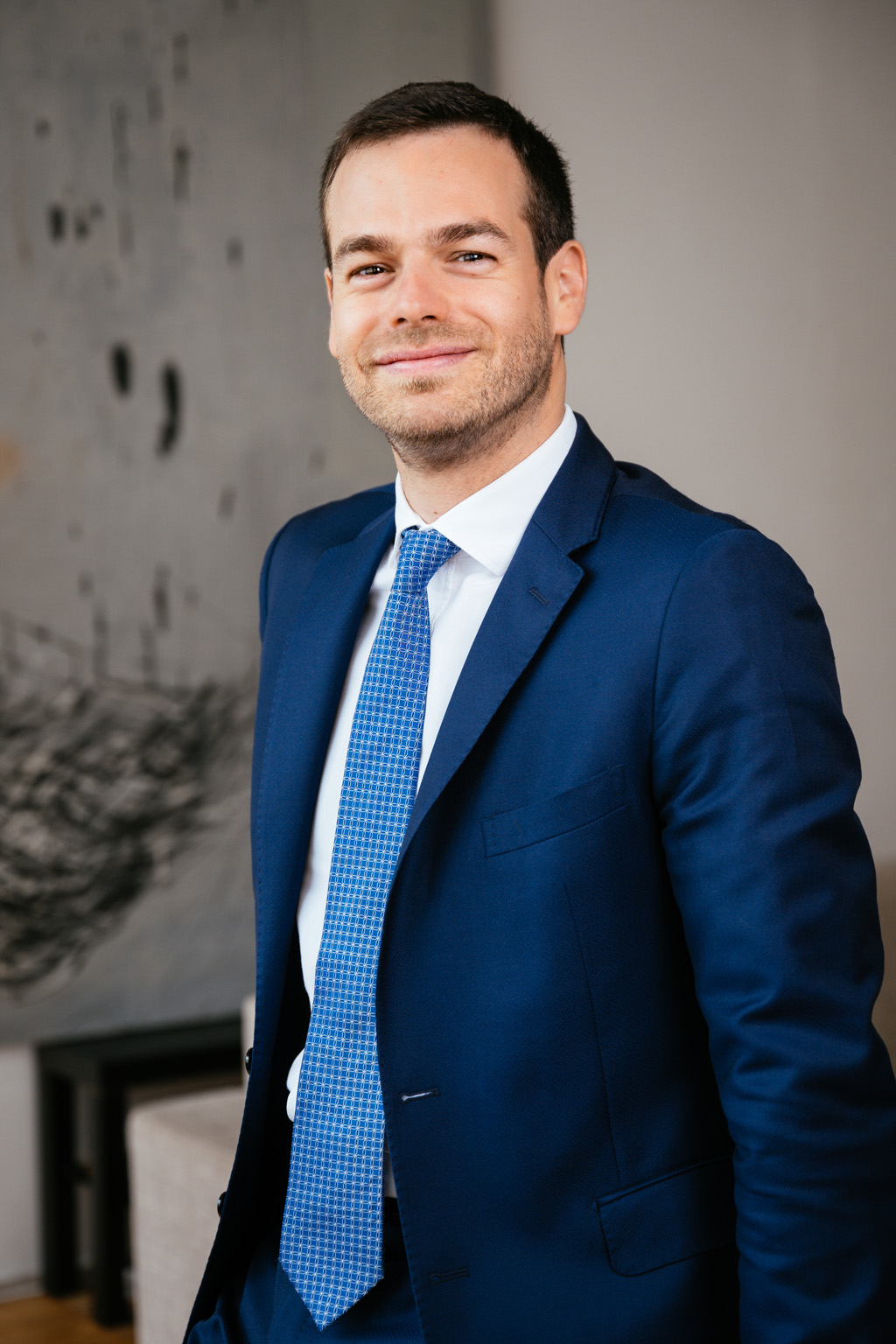Vincenzo Speciale, associate at Gaillard Banifatemi Shelbaya Disputes
Why did you decide to become a lawyer?
I was born and raised in Ancona, a small town on the East Coast of Italy. My grandfather was a lawyer in my hometown, and so is my father. They always invited me to reflect on the two sides of the same story. Early on, what fascinated me was advocacy, in particular oral advocacy. For me as a child, being a good lawyer was coming up with a strategy and arguments to outsmart your opponent. That view, which was formed early on, has not changed. I still believe the core part of a lawyer’s job is to identify the right strategy to achieve their client’s goals, and of course then come up with the arguments to implement it.
I also felt that the small boundaries of my hometown were not enough for me, and was drawn to challenging myself in an international legal environment.
Why did you choose to specialize in arbitration?
I chose to study law at Bocconi University due to its strong reputation on commercial law and focus on practical experiences and international exposure. Arbitration was next on my academic radar as it ticked all these boxes.
Bocconi offered its best law students the opportunity to do an exchange experience and earn a certificate in international and business law with a network of partner universities, one of which was UPEC University, where Professor Emmanuel Gaillard taught. I spoke very little French back then, but I knew I had to join this highly selective program and got in. Following this, and while still studying at Bocconi, I also joined a program in French at UPEC in international business dispute resolution, which had been founded by Professor Gaillard and Professor Marie-Elodie Ancel. This was the beginning of my arbitration passion!
How did you come to hear about Emmanuel Gaillard?
I had read his book, “Legal Theory of International Arbitration”, and found his reasoning compelling and his style articulate and clear. It was my first reading on arbitration law, and it led me to discover who Emmanuel was—the “eminency” of international arbitration. I believe his book provides an accurate perspective of his style as an advocate and a scholar – sharp, logical and thought-provoking.
Where did you do your internships?
I always enriched my academic cursus with professional experiences. My first internship in arbitration was in Paris, at the International Chamber of Commerce. Milan was next with Freshfields, then Mumbai at AZB & Partners, and then back to Paris in a few firms, including Clifford Chance and Derains & Gharavi.
Striving for excellence, when at Clifford Chance, not only was I preparing my exams and writing my dissertation for Bocconi, but I also attended the UPEC program in international business disputes.
After graduating cum laude from Bocconi, I landed an internship at Shearman & Sterling, which I did while attending an LLM at Queen Mary University in Paris thanks to a merit-based scholarship.
The funny thing is that, by the time I joined Shearman, I had still not met Emmanuel. After I had arrived at UPEC for my exchange program, I was informed he had just moved to Science Po after 26 years at UPEC! Of course, I had the chance to get much more exposure to him, working closely with him after I joined Shearman & Sterling, and then followed him at Gailard Banifatemi Shelbaya Disputes.
Can you tell me what you like about the practice of arbitration? Have you ever had second thoughts about doing some other kind of law?
I have never seriously envisioned anything else. International arbitration embodies everything that drove me towards a career as a lawyer. It’s highly strategic, argumentative, and adversarial. The “peak” of each arbitration is the hearing, where counsel for each party argue the case orally and test the evidence through cross-examination. And you never get bored, as you always encounter new factual and legal issues (and political twists!), and cooperate with an extremely diverse and international pool of colleagues, co-counsel, experts and clients. The intellectual challenge is addictive.
Do you have some kind of specialty?
Investment arbitration and energy disputes. My dissertation, which was awarded the CEPANI Academic Prize in 2015, was on indirect expropriation in international investment law. Ever since, I have worked on a number of investment arbitrations, representing both investors and States.
As for energy, I have acted as counsel on a diversified range of energy cases, from district heating to oil and gas construction cases, down to the supply of petrol.
What are your most memorable cases?
Each case is unique, and we spend a great deal of energy on each of them, so they are all somehow “memorable”. In an investment arbitration in which I was the lead associate, I managed most aspects of the case, from budgeting to the relationship with the client, down to managing our team and selecting the legal experts. In a recent commercial case worth half a billion Euros, I handled the cross-examination of a professional expert witness on central technical matters. Cross-examining someone is extremely challenging and stimulating, since it requires you to be quick on your feet and yet very precise and methodical. It’s probably one of the best parts of our work. While this was not my first cross, it was certainly the most complex and entertaining for me to date.
So you’ve done your whole career – except for internships – at GBS Disputes. Do you still get a sense of the specificities of the firm?
I will never forget why I decided to join Emmanuel and Yas’s team as an associate back in 2016. After numerous internships, I can say that there is no place like GBS Disputes, with its high-performing and diverse team, and its strong commitment to excellence.
I have already spoken about Emmanuel, what I haven’t said is that he was also creative and witty. It was always inspiring yet entertaining to be around him. As for Yas, we have worked together since I joined as an intern in 2015, and her dedication, technical knowledge, and attention to detail make me develop daily. It is a privilege to work so closely with one of the few worldwide female leaders in international arbitration. Not to mention the next generation of skilled and just as established partners who further lead the team. For example, working with Mohamed Shelbaya and witnessing his legal thinking and cross-examination skills has been a source of constant learning.
When I joined Shearman & Sterling, it was consistently ranked among the top three arbitration practices worldwide. In 2021, its core team left to create an arbitration institution, and I am proud to have onboarded this new adventure.
What would you like to achieve at GBS Disputes in the near future?
Other than reinforcing my technical skills, in particular in relation to investment and energy matters, I want to expand the firm’s client base, with a strong focus on the Italian market.
Interview by Valentine Faure

